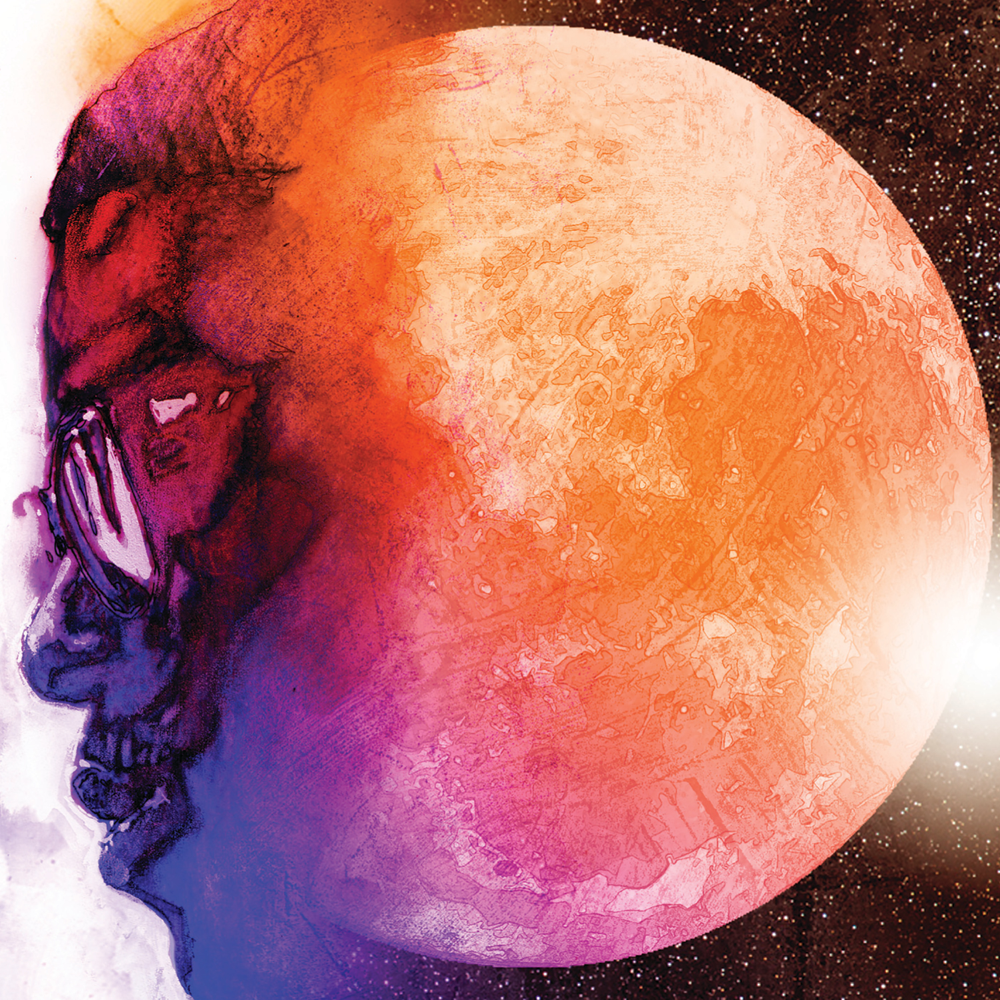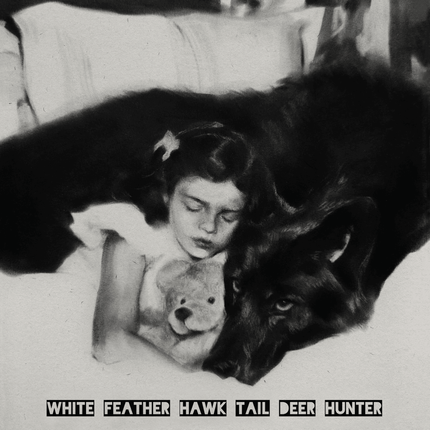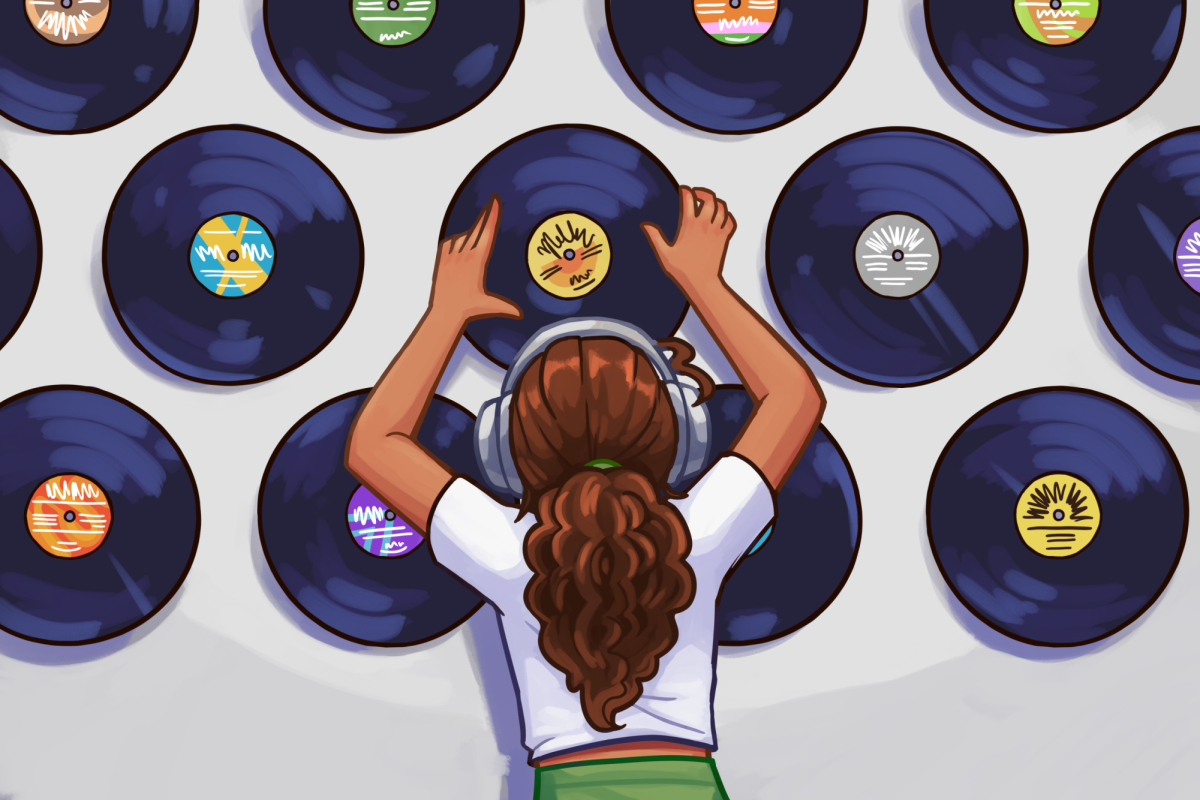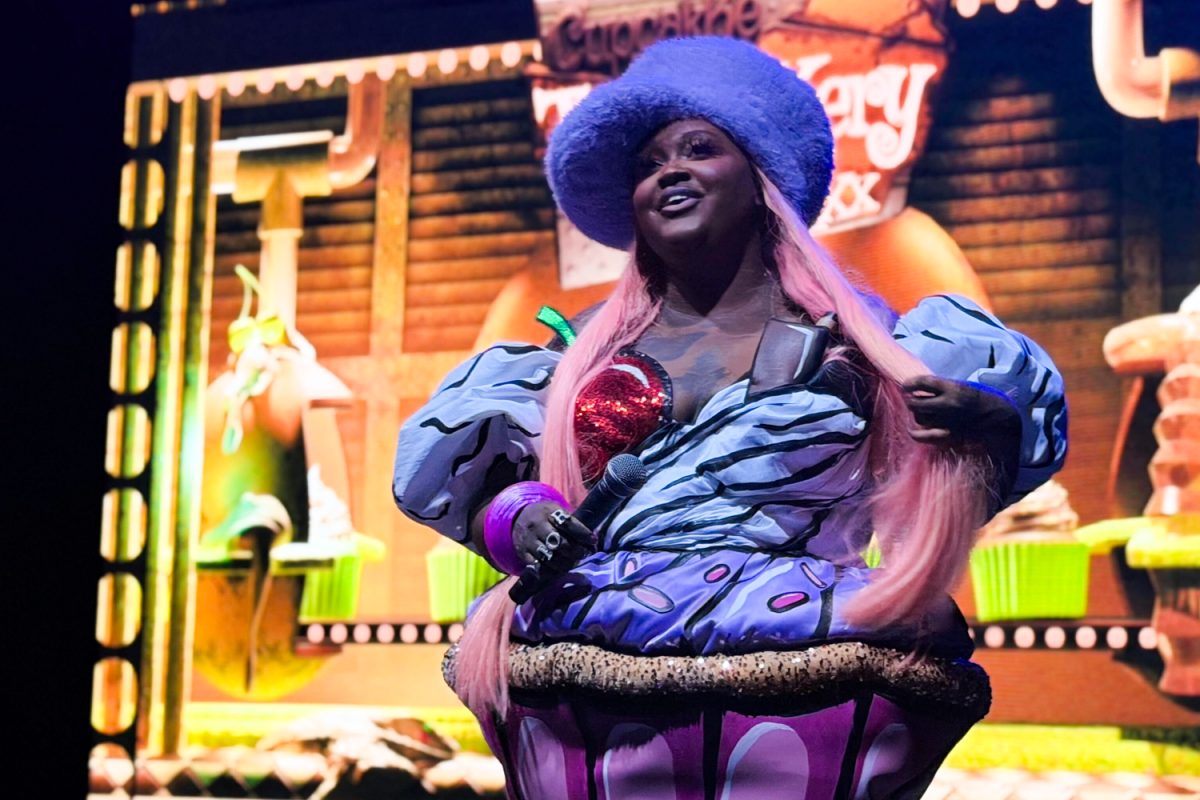Kid Cudi is a controversial artist. Not because he’s done anything wrong, but because people genuinely don’t like him or his music.
Hip-hop Reddit pages are filled with endless comments bashing him and treating him as a joke. Critic reviews tear apart his albums, and lately, it’s hard to argue with them — his recent releases are disappointing.
Cudi’s debut album “Man on the Moon: The End of Day” was the catapult of the discourse that has followed him throughout his career.
With “The End of Day,” Cudi embodied a sound that was entirely his own. He was bold — composing an adept album constructed by his pain and self-reflection, with a melodically experimental album that blended R&B and rap, along with elements of punk, rock and techno.
When the album was released in 2009, critics were split between calling him a poetic visionary leading a genre, and a self-pitying artist who idealized his self-hatred in the most cringe way possible.
Get The Daily Illini in your inbox!
But why can’t he be both?
Cudi has been hugely influential in alternative rap over the past decade and has solidified himself as a distinctive singer-songwriter. He has been nominated for five Grammys, winning one and selling over 22 million records.
The album begins with “In My Dreams (Cudder Anthem),” an atmospheric welcome to the album that sets the tone for what is to come. The beat is mellow and spacey, with melancholic lyrics lazily drifting between the hazy reverbed synth drifts.
The album, narrated by Common, takes the listener through a vast and sometimes unpredictable sonic journey of Cudi’s desolation, highlighting his personal struggle and introspection.
“Heart of a Lion (Kid Cudi Theme Music)” is simultaneously self-pitying and self-assured, with simple lyrics composed of an emphatic beat that is undeniably catchy.
“Please save a kid that needs some help/ And I can’t begin to think of anything that could help/ But the weed is guaranteed, indeed, just what I need,” Cudi raps, the optimism of the melody contradicting the melancholia of the lyrics.
Many songs follow this same basic formula — unpolished lyrics that attempt to hint at something profound, dutifully hiding under a playful atmospheric beat.
At times it becomes repetitive, but the sonic flawlessness of the album sheepishly allows for 15 tracks of the same formula.
Swirling, lush soundscapes paired with moody, slow-burning beats created a rich production different from any other hip-hop album released at the time.
Listening to the tracks, you can tell that Cudi has a lot to say — a tortured artist who wishes to share his pain and hopefully gain some relief. But there are times throughout the album when the delivery is left unfulfilled.
“The End of Day” is inconsistent, trying to balance between authentic lyricism that confronts his suffering and self-hatred with vapid verses of mental escapism, weed and suicidal ideation.
You often can’t tell if Cudi’s lyricism is that of a genius choosing to make music to escape his torment or that of a self-indulgent man airing out his grievances for the world to hear.
The language he uses often comes off as heavy-handed or awkward, which prevents the full depth of the emotion from resonating — but despite the inconsistency, Cudi still managed to create an emotionally raw debut album sustained by aerial production and melodic fragments of ambition.
Cudi’s label as a visionary and pioneer of a genre shines with, “Cudi Zone,” a hypnotic, techno soundscape slathered with otherworldly instrumentation enhanced by Cudi’s cool flow.
“Man on the Moon (Bonus Track)” follows the album’s themes of isolation and mental suffering, and despite not being completely refined, the lyrics are comforting and resonate universally despite being specific to Cudi’s struggles.
You can argue that his music is self-serving and cringe, but you also can’t deny his success and his impact on the music industry. “The End of Day” warrants recognition and praise for its groundbreaking sound, ambitious artistic vision and cultural influence.
Cudi made a conceptual and innovative album, something that no other rappers were doing at the time. Give the man the credit he deserves.










